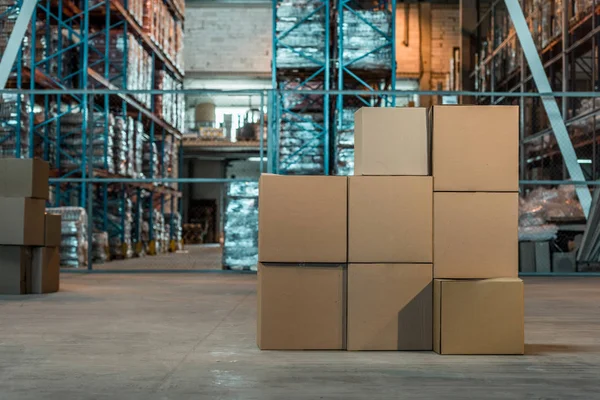Introduction
The Customs-Trade Partnership Against Terrorism (C-TPAT) is a voluntary partnership between the U.S. Customs and Border Protection (CBP) and members of the trade community to enhance the security of the global supply chain. Various entities involved in the supply chain are eligible to participate in C-TPAT, contributing to the overall goal of securing and safeguarding international trade. Here are the key entities that can actively engage in the C-TPAT program:
1. Importers:
Importers play a crucial role in the C-TPAT program by ensuring the security of their supply chains. They are responsible for implementing security measures and working collaboratively with their business partners to enhance overall supply chain security.
2. Manufacturers:
Manufacturers involved in the production process are eligible to participate in C-TPAT. Implementing security measures at the manufacturing level contributes to a more secure and resilient supply chain.
3. Transportation Carriers:
Transportation carriers, including trucking companies, ocean carriers, and airfreight carriers, are vital participants in C-TPAT. They are responsible for securing the transportation aspect of the supply chain and implementing measures to prevent tampering or unauthorized access.
4. Customs Brokers:
Customs brokers facilitate the smooth flow of goods through customs processes. Their participation in C-TPAT involves adopting security measures to ensure the integrity of customs documentation and clearance processes.
5. Warehouse Operators:
Warehouse operators, responsible for the storage and handling of goods, contribute to supply chain security by implementing measures to prevent theft, unauthorized access, and ensuring the integrity of stored goods.
6. Freight Consolidators:
Freight consolidators combine shipments from multiple sources into a single shipment. Participating in C-TPAT involves implementing security measures to safeguard consolidated shipments and prevent tampering during the consolidation process.
7. Cross-Border Highway Carriers:
Companies involved in cross-border transportation by road are eligible for C-TPAT participation. They play a critical role in securing the movement of goods across borders and preventing any potential security threats.
8. Third-Party Logistics Providers (3PLs):
Third-party logistics providers that handle various aspects of the supply chain, including transportation, warehousing, and distribution, can participate in C-TPAT. Their involvement enhances the security of the services they provide.
9. Foreign Manufacturers:
Manufacturers located outside the United States can also participate in C-TPAT by implementing security measures at their facilities. This global participation ensures the security of the entire supply chain, from origin to destination.
Conclusion:
C-TPAT is a collaborative effort that involves multiple entities in the supply chain, working together to enhance the security and integrity of international trade. Each participant plays a unique role in securing their part of the supply chain, contributing to a safer and more resilient global trading environment.
For detailed information on how your specific entity can actively participate in C-TPAT and contribute to supply chain security.








